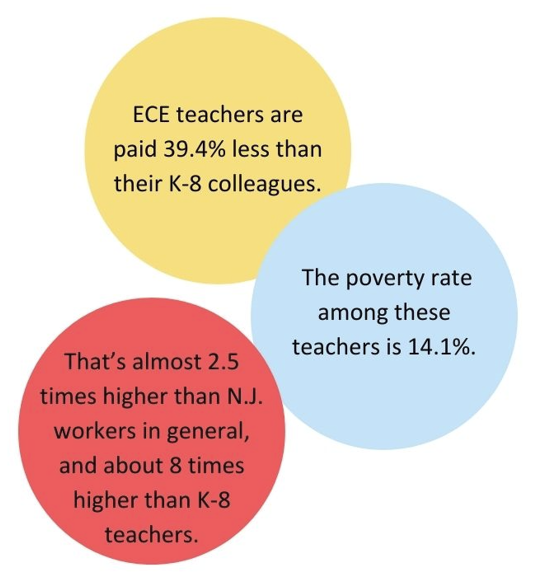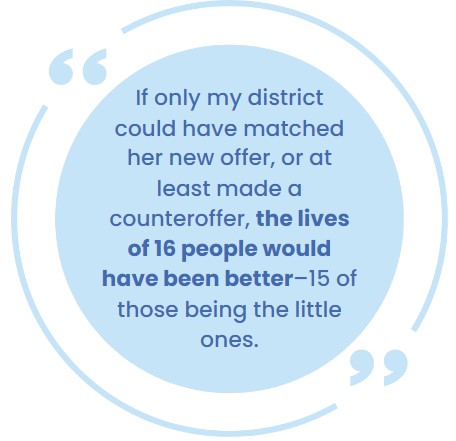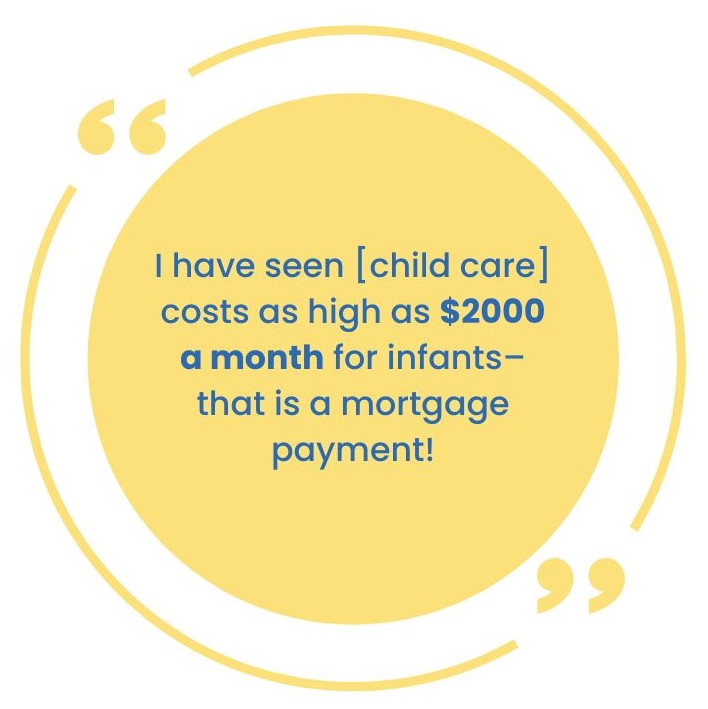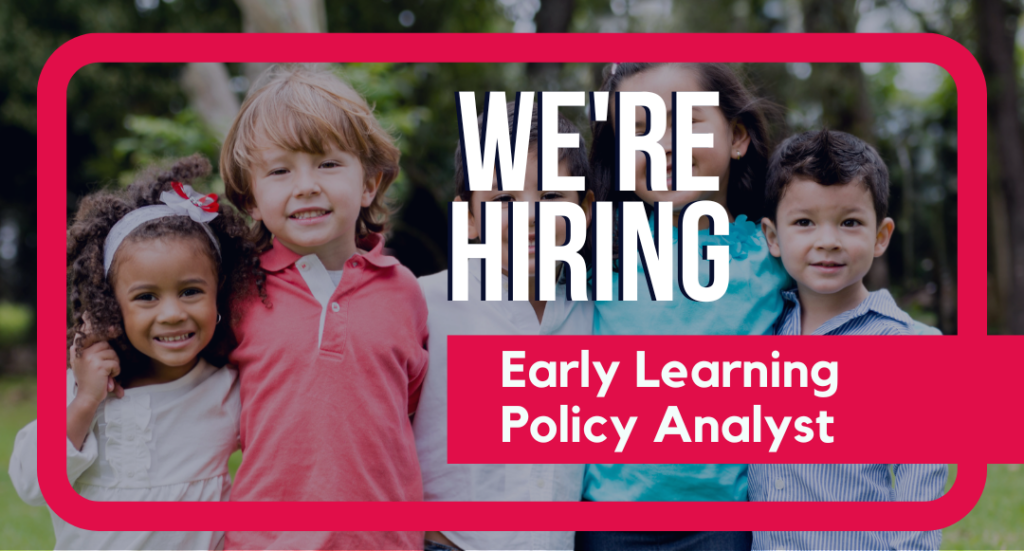 Advocates for Children of New Jersey (ACNJ) is a nationally recognized research and advocacy non-profit organization that works to advance policies that help children and families. ACNJ provides policy expertise, and public education to create positive systems change and enjoys a 45-year track record in raising accountability, protecting rights and improving outcomes for children.
Advocates for Children of New Jersey (ACNJ) is a nationally recognized research and advocacy non-profit organization that works to advance policies that help children and families. ACNJ provides policy expertise, and public education to create positive systems change and enjoys a 45-year track record in raising accountability, protecting rights and improving outcomes for children.
ACNJ’s work has improved the lives of thousands of New Jersey children in the areas of access to early care and education, health care and hunger, child protection, juvenile justice and economic supports to low-income families. The organization is governed by a diverse and highly respected Board of Trustees and staff, who are united by a deep concern for the well-being of New Jersey children, especially our most vulnerable.
ACNJ is currently seeking a Policy Analyst for Early Learning to assist ACNJ’s Director of Early Learning Policy and Advocacy advance ACNJ’s early learning programmatic and legislative agenda. This agenda is focused on the needs of young children, prenatal to age eight and their families. ACNJ is a leader in New Jersey and nationally and is committed to building an equitable foundation of early learning success for children prenatal to eight, including but not limited to accessing the high quality supports and service necessary to thrive including maternal and early relational health, affordable quality childcare, and quality preschool.
The Policy Analyst for Early Learning should be a content expert in an early learning issue area including child care and/or preschool, and have experience in working with coalitions and partners. Legislative experience is a plus.
The Policy Analyst reports directly to the Director for Early Learning Advocacy and Policy Director and will be responsible to:
- Elevate ACNJ’s early learning policy and advocacy priorities by representing ACNJ in external meetings and developing relationships with key external stakeholders, community organizations, policymakers, leaders, funders and other advocates to support ACNJ’s early learning priorities
- Represent ACNJ’s early learning agenda in national and state networks. Help execute the advocacy strategy for ACNJ’s policy agenda, including informing legislative and regulatory proposals, responding to inquiries from allies, and other long-term and rapid-response opportunities
- Inform the organization’s policy positions by monitoring state early learning related legislative and regulatory proposals, budget, programmatic initiatives, and active and proposed reforms. Produce policy briefs, reports, statements, and other written materials that make early learning policy accessible to a broad array of stakeholders and ensure that they are high-quality, accurate, equity-driven, and actionable, as well as aligned with ACNJ’s mission and goals
- Collaborate with ACNJ Communications Team to create accessible and timely content to inform and educate partner organizations, supporters, funders, staff, government officials and legislators, and others of ACNJ’s early learning policy goals, processes, and outcomes, including regular updates for newsletters, website, social media, press releases, and Action Alerts when needed
- Keep apprised of research and advocacy nationally and in other states, reporting on early learning conversations across government, media think tanks, academia and advocates
- Help build early learning policy and advocacy knowledge and skills among ACNJ staff and Board and keep stakeholders informed on public policy outcomes and opportunities
- Ensure that grant deliverables supporting this position are met, and collaborate with Communications Team and Development Staff on early learning grant-related projects, assignments, and activities
The ideal candidate has/can:
- Ability to lead and develop advocacy and policy initiatives with minimal supervision
- Track record of critically evaluating diverse and complex sources of information, and identifying priorities and strategies based on findings
- A strong vision for improving the policies and practices that impact children prenatal to age eight and their families – particularly children and families of color and from low-income households and other historically marginalized communities
- Skills to communicate complex issues with external and internal audiences in a clear and credible manner
- Work effectively with colleagues to coordinate strategies and activities across teams, and effectively confront and manage difficult situations
- Demonstrate respect and sensitivity for all communities and cultures among staff and partners
- Respond positively and productively to challenges and accepts new goals, priorities, or procedures, manages multiple requests and make changes based on an understanding of priorities
- Exhibit relationship management skills such as proactively engaging in and promoting clear communication of information and needs within relationships
- Decisiveness. Capable of timely and quality decision-making.
Experience and credential requirements:
- Early learning related graduate degree or law degree and at least 8 years of experience in an early learning area such as child care or preschool, with progressively increasing responsibility, and proven track record of advancing early care and education policy
- Demonstrated competency in communicating complex information clearly in writing and in oral presentations
- Public speaking and presentation skills, as well as strong written communication skills
- Track record of communicating with high-level policymakers, including those in the legislative and executive branches of government is a plus.
At ACNJ, we want staff to love their work and show respect and empathy to all. We encourage staff to work together across positions and roles. We are being deliberate and self-reflective about the team and culture that we are building, seeking staff who have different strengths, backgrounds and experiences, who share a passion for improving outcomes for children and strengthening families. We believe that diversity and inclusion will be key to our success and are seeking candidates who are strong in their own aptitudes and who care deeply about supporting each other's growth. The viewpoints of all of our employees and board members are key to our success.
ACNJ’s offices are located in Newark, NJ and staff is currently working a hybrid schedule of 3 days in the office and 2 days remote. The salary range for this role is $75,000 to $80,000.
Interested applicants should send their resume and cover letter to Winifred Smith-Jenkins at wsmith-jenkins@acnj.org.
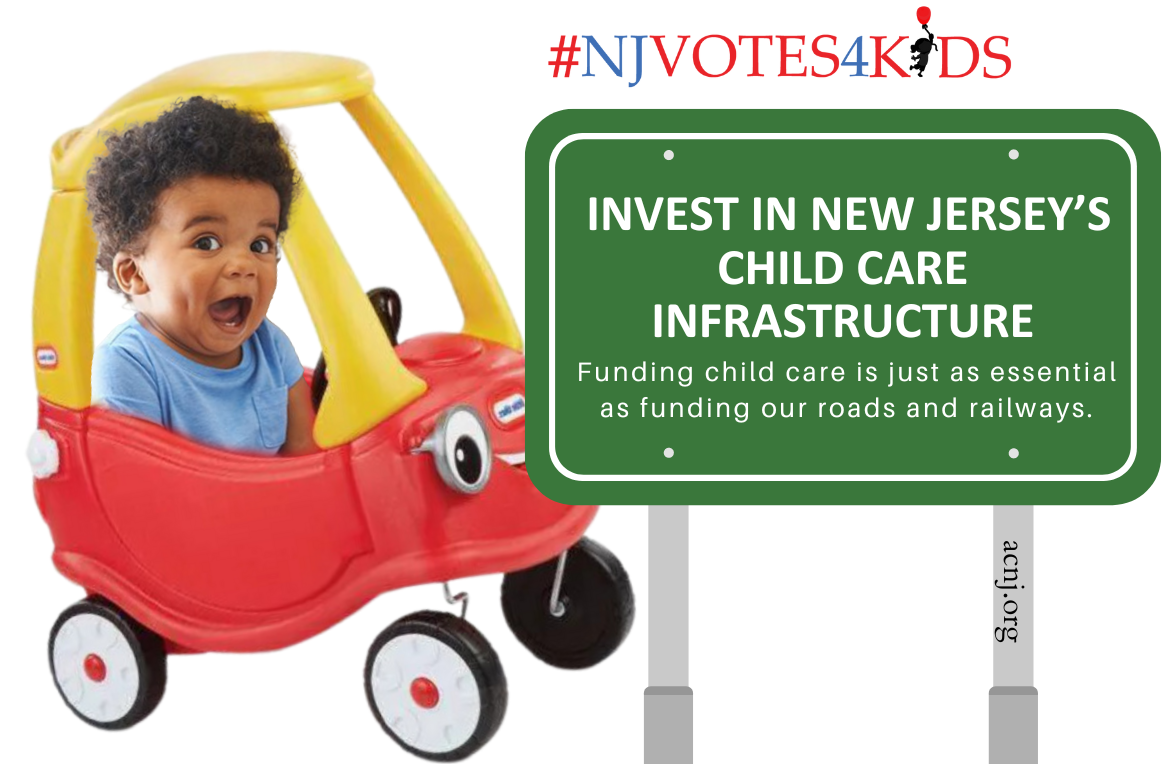

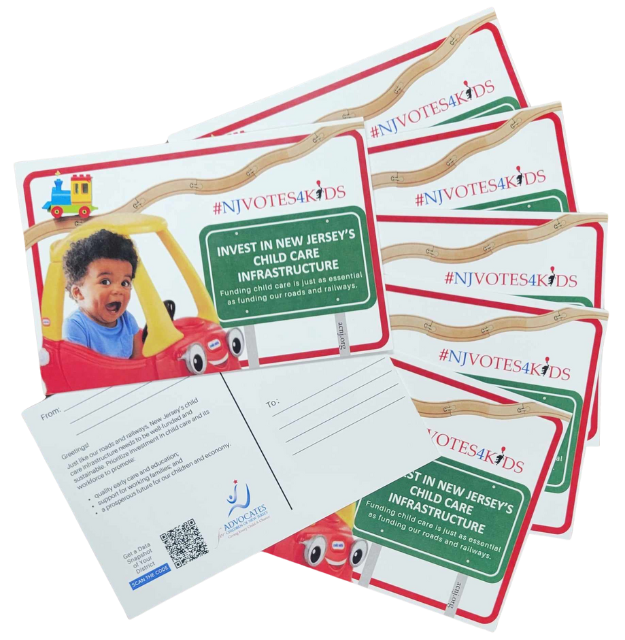
 Advocates for Children of New Jersey (ACNJ) is a nationally recognized research and advocacy non-profit organization that works to advance policies that help children and families. ACNJ provides policy expertise, and public education to create positive systems change and enjoys a 45-year track record in raising accountability, protecting rights and improving outcomes for children.
Advocates for Children of New Jersey (ACNJ) is a nationally recognized research and advocacy non-profit organization that works to advance policies that help children and families. ACNJ provides policy expertise, and public education to create positive systems change and enjoys a 45-year track record in raising accountability, protecting rights and improving outcomes for children.

